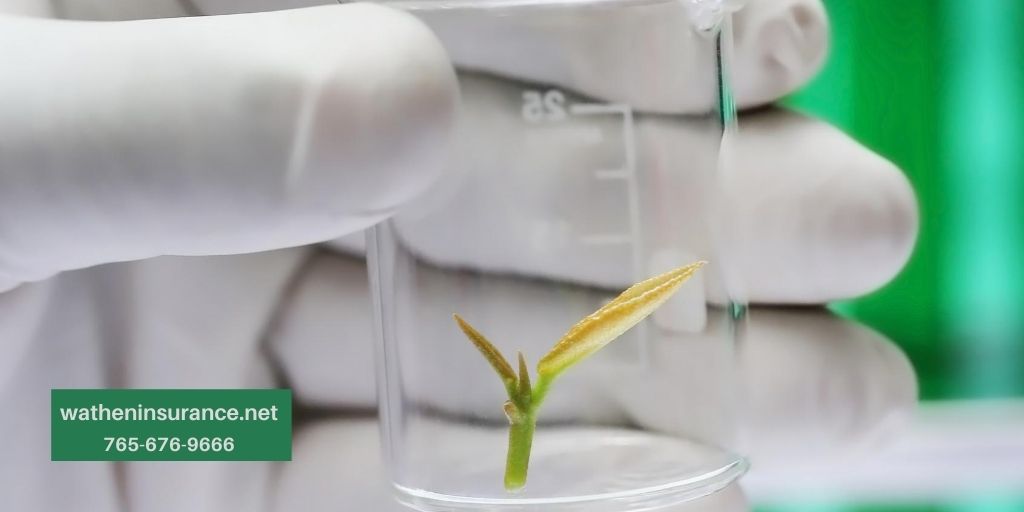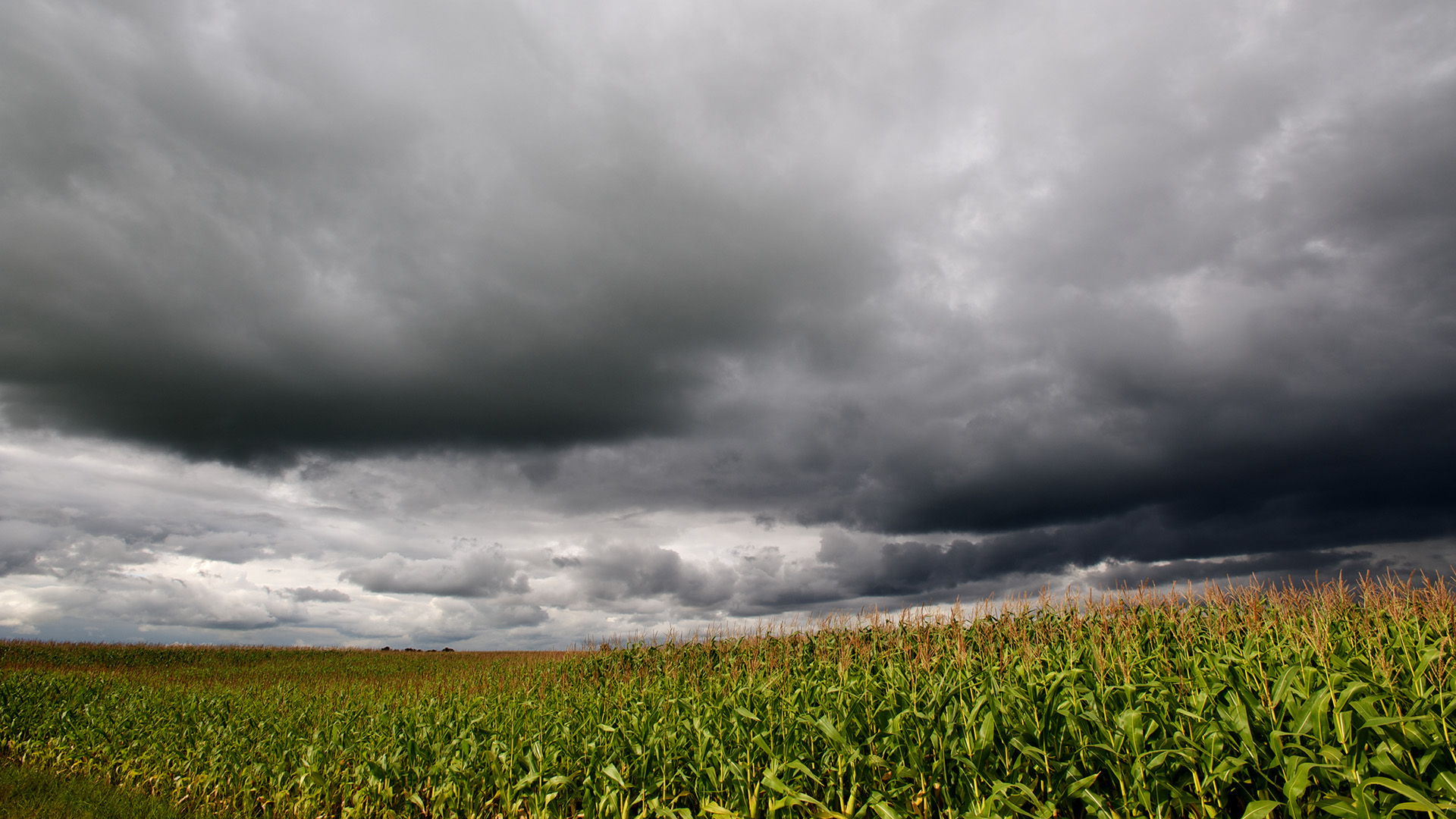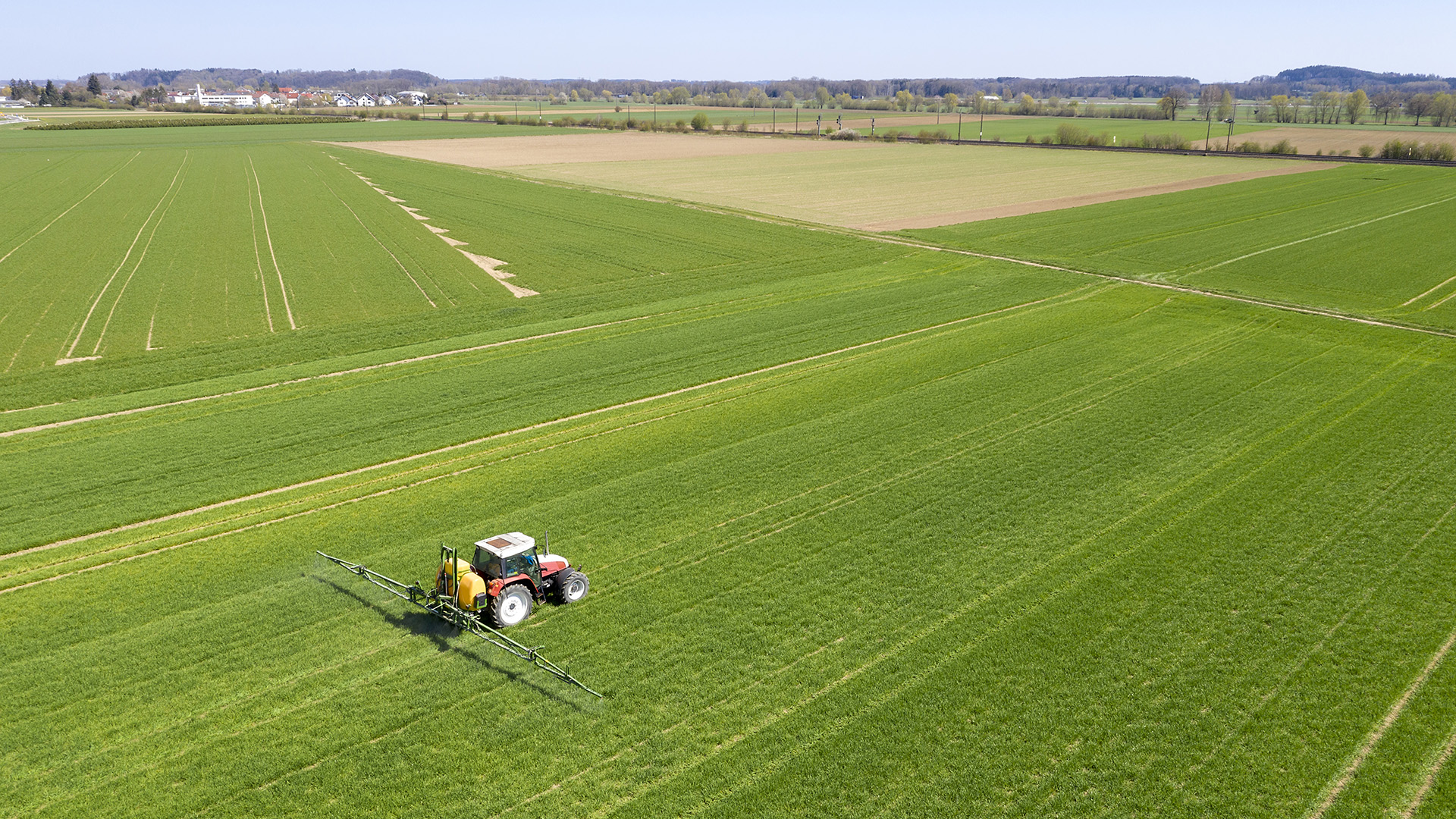During times of uncertainty, whether it’s the weather or the economy, humans feel more positive when they have knowledge that puts them in the driver’s seat. Gaining control of a scary, unknown future situation helps you prep and plan. This is the exact reason that Wathen Insurance exists. We give families security and peace of mind that help them sleep at night with insurance programs that protect a precarious future in farming. And, that’s why crop tissue testing is something you should be doing on your farm.
What is Crop Tissue Testing?
Using diagnostic tools on your crops isn’t much different than a doctor diagnosing a patient. Plant tissue analysis is an underutilized and undervalued monitoring tool that you should take advantage of.
Crop tissue testing is calculating the nutrient content of a plant. Understanding if a crop is deficient in a particular nutrient could explain stunted growth or off-colored crops. One mistake farmers often make is taking tissue samples of only plants that look weak or of poor quality.
However, you should use this kind of investigative tool before plants begin looking less than their best. You want to know what you’re doing right as well as what needs improvement.
Take plant tissue samples from several areas and include healthy plants, and plants that look deficient. Because soil varies wildly across the landscape, you’ll be able to capture information that tells you how to get a successful uniform crop every season.
A crop tissue testing lab will show you the nutrient status of the following critical components of each plant:
- Nitrogen
- Boron
- Calcium
- Copper
- Sulfur
- Phosphorus
- Potassium
- Magnesium
- Sodium
- Iron
- Manganese
- Zinc
Why is Crop Tissue Testing Important?
Taking tissue samples of young plants help you get ahead of potential problems. This will allow you to make corrections at critical growth stages that optimize crop fertility. The more you understand about the nutrient content of a crop and its relationship to the soil and yield, the more robust your plants will be every year.
Agriculturists agree that crop tissue testing is valuable in order to:
- Recognize nutrient deficiencies, toxicity, and imbalances
- Foresee possible weaknesses in current or future crops
- Validate how effective your current fertility method is
- Forecast needs for various critical nutrients at crucial growth stages
- Assess nutrients to develop future budgets
- Verify the value of the crop as animal feed
- Accurately develop a succession or crop rotation plan
If you aren’t already familiar with crop tissue testing, seek advice from a specialist to get you started. They’ll know when, where, and how to properly handle and deliver samples to a lab, and they’ll also help you understand how to interpret the analytical results.
Once you understand the nutrient content of your crops, consider ensuring their safety and success with crop insurance. Give Wathen Insurance a call at 765-676-9666 to discuss your options.
Are you on Facebook? We are, too! Let’s be friends!





Recent Comments